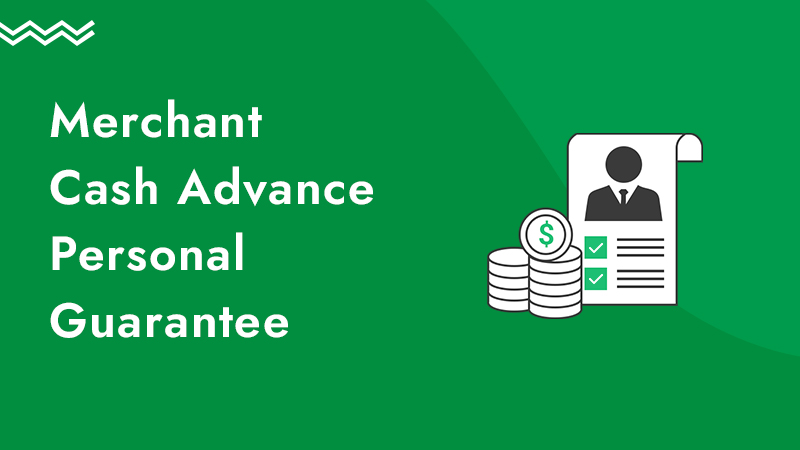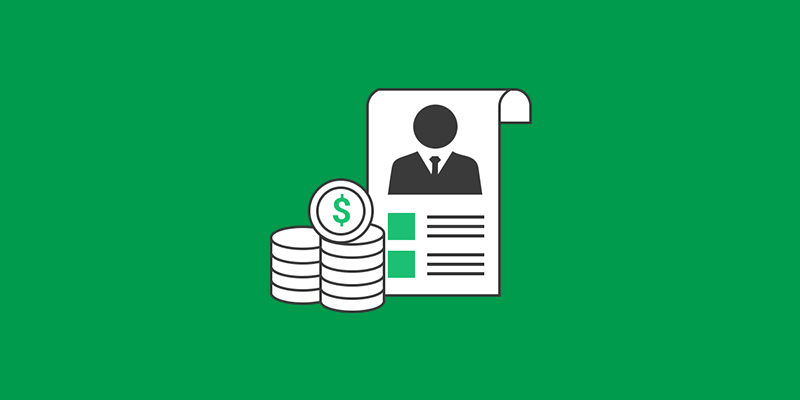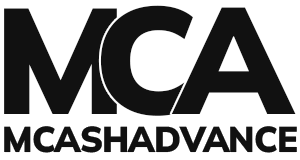
MCAs are a type of unsecured funding, so you’re not required to offer any business or personal assets as security. Yet, MCA providers often ask for a personal guarantee to minimize their risk. By agreeing to this, you personally commit to covering the MCA debt if your business can’t pay it back.
In this article, we will discuss merchant cash advance personal guarantees in detail so you know what agreeing to a personal guarantee means to you personally if you agree to one as part of an MCA agreement.
What is a Personal Guarantee in an MCA?
A personal guarantee is a legal commitment. When you sign an MCA agreement with this clause, you’re saying you’ll personally take on the business’s debt if it can’t be paid back. Even with a strong credit history and meeting all the MCA criteria, providers often seek extra reassurance that you will pay back the advance.

The Legal Implications of a Personal Guarantee
If your business starts missing payments and the MCA provider enforces the personal guarantee, you could face financial issues and even legal action. The MCA provider has the right to go after your personal belongings like your savings, investments or property to get their money back.
The Consequences of Defaulting on a Personal Guarantee
If your business defaults on the MCA, the provider can seize your personal assets, including checking and savings accounts, vehicles, and real estate, to recoup their money. Defaulting on an MCA after you have given a personal guarantee could put both your business and personal assets at risk.
How Common Are Personal Guarantees in MCAs?
It’s pretty standard to see personal guarantees included in MCA agreements. Even if the MCA is labeled as unsecured, it might still ask for a personal guarantee from you. When the MCA provider promotes that you don’t need collateral like business or personal assets to secure the MCA, the personal guarantee can be a vehicle for the MCA provider to secure business and personal assets without you actually having offered them as security during the application process.
Types of Personal Guarantees in MCA Agreements
Personal guarantees come in two types when put as a clause in MCA agreements, each carrying a different level of risk for you. The kind you’re offered often depends on how many other business owners are also giving guarantees.
Unlimited Personal Guarantees
With an unlimited personal guarantee, you’re on the hook for the full MCA amount, and possibly even extra charges like legal fees or late fees. If you’re the sole business owner, this is likely your only option. An unlimited personal guarantee allows the lender to sue you for the amount of any unpaid cash advance balance, plus other fees.
Limited Personal Guarantees
In the case of a limited personal guarantee, the amount of the MCA you’re personally responsible for is capped. This is common when there are multiple business owners sharing the responsibility. For example, if you own a quarter of the business, you might be personally responsible for a quarter of the MCA amount owed.
So you not only need to confirm if your MCA agreement has a personal guarantee, but you also need to know which type of personal guarantee you are agreeing to.
Ready to Apply?
or learn more about merchant cash advances
The Bottom Line
Before you sign, think carefully about the risk you’re taking on. Are you agreeing to an unlimited or limited guarantee? Will other business partners help share the risk if the business defaults? A personal guarantee might be a reasonable step if your business is doing well and the MCA amount is manageable. But it’s riskier if the MCA amount is large and you’re the only one guaranteeing it. Signing a guarantee involves a significant amount of risk for you as a business owner, so it is crucial to understand how personal guarantees work before making that final commitment.

